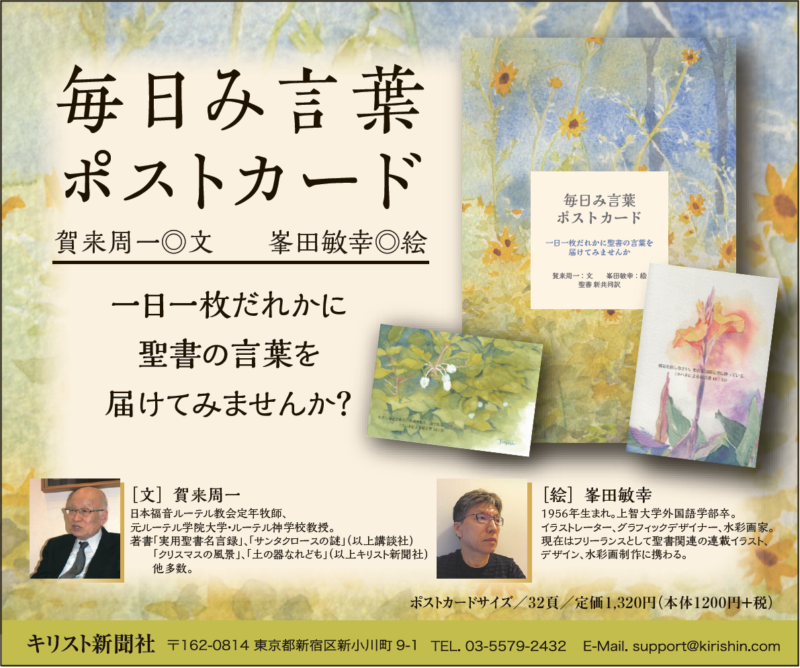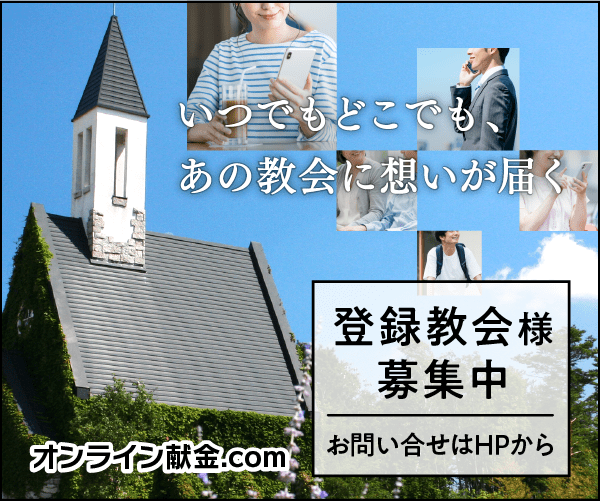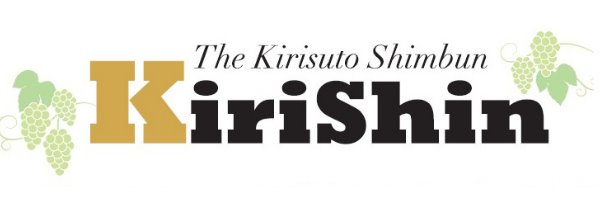苦難と恵み
しかしながら、ほしかったものと違うプレゼントを受け取った時の私の息子のように、人間はこの二つを分けて捉える傾向にある。C・S・ルイスはこう言っている。「人間は、今の一時の苦しみは将来の喜びで補いがつくものではないと思い込んでいるが、天の国に入れば、過去の苦しみは栄光に変えられることを知らないのだ」
However, like my son with a gift he didn’t want, we human beings have a tendency to separate the two. C. S. Lewis put it this way, “That is what mortals misunderstand. They say of some temporal suffering, ‘No future bliss can make up for it,’ not knowing that Heaven, once attained, will work backwards and turn even that agony into a glory.”
人間は、「痛みは悪で、楽しみは善」、「孤独は悪で、人とのつながりは善」、「不確実さは悪で、確かさは善」、「死は悪で、復活は善」、「悲しみは悪で、喜びは善」、「闇は悪で、光は善」と考える。実に最も神聖なこの季節、イエスの誕生についても同様に考えてしまっている。
しかし、何世紀もの間、アドベントと呼ばれるクリスマスまでの4週間は、家庭や教会が明かりをつけずに過ごすことで、世の罪を見つめる時期であり、やがて訪れる光を待ち望む時期だった。
そして迎えるクリスマス当日。ツリーに灯(ひ)をともし、光が世に来たことを祝う12日間の喜びの時だ。しかし今は、ハロウィンのお菓子が棚からなくなるやいなや、店をイルミネーションで飾り立てる。暗さを味わう余地はない。
We mortals call pain bad and pleasure good, loneliness bad and belonging good, uncertainty bad and clarity good, death bad and resurrection good, sorrow bad and joy good, darkness bad and light good. Indeed, we’ve even done that to this most human of holiest seasons, this observation of Jesus’ birth itself. For centuries, the four weeks leading up to the holy day of Christmas were called the season of Advent, a liturgical season in which the grit of the world was observed through the ritual of darkness, a lack of light in our homes and churches. A time of waiting on the Light to eventually come. Then, on Christmas day, the gifts. The lighting of trees, the celebration of Light coming into the world, the joy of it all, observed for 12 full days. Now, though, there are lights in the stores as soon as the Halloween candy is gone from the shelves. We leave no space for darkness.
人間の弱さを見つめる余地もない。
No space for the grittiest parts of our humanity.
数カ月前、息子のクインを学校に送っていったその数時間後、息子は笑顔で家に帰ってきた。友達を見つけたのだ。孤独は人とのつながりに変わった。痛みは平安に、苦しみは恵みに変わった。これには時間が必要なのだ。ただちに実現はしない。息子は孤独に耐えることを学んだ。痛みに耐え、苦しみを乗り越えることを学んだ。復活を待つことを学んだのだ。
A few months ago—and just a few hours after I dropped Quinn off on that lonely first-day-of-school playground—he arrived home with a smile on his face. Eventually, he’d found his people. Eventually, loneliness gave way to belonging. Eventually, pain gave way to peace. Eventually, grit gave way to gift. Eventually. Not immediately. Eventually. But now he knows he can endure the loneliness. Now he knows he can persevere through the pain. Now he knows he can grind it out through the grit. Now he knows he can wait for the resurrection.
そして、なぜ苦難は恵みの一部であるかを学んだ。
Now he knows why the grit is part of the gift.
イエスはその誕生、生涯、死を通して、「すべての人の人生は、苦難も栄光も、信仰的に開かれたものであるべき贈り物」だと示された。孤独になることと人と共にいること、涙を流すことと驚嘆すること、死ぬことと復活することをどのようになすべきかを私たちに示すために来られた。
そこでこのクリスマス・シーズンを、キリストにふさわしいことをして過ごしてはどうだろうか。不完全で苦難のあるままにし、苦難は平安に変えられると信じてみてはどうだろう。友よ、主に信頼しよう。
Jesus showed us with his birth, life, and death that every human life is a gift to be faithfully opened, both the gritty parts and the glorious parts. He came to show us how to stand alone and together, how to weep and wonder, how to die and be resurrected. So, this holiday season, will you join me in doing the most Christlike thing of all? Will you let this holiday be as imperfect and as painful as it wants to be, and will you try to trust, for a little while, that painfulness always precedes peacefulness? Have faith, friend.
苦難はやがて恵みの一部となる。
The grit eventually becomes part of the gift.
執筆者のケリー・フラナガンは臨床心理学者の資格を持ち、イリノイ州ネーパービルのアーチザン・クリニカル・アソシエイツの共同創設者。最新の著作は『愛らしい──何があなたにとっての真実かを受け入れると、あなたの人生を受け入れられる』(ゾンダーバン、2017年)。
本記事は「クリスチャニティー・トゥデイ」(米国)より翻訳、転載しました。翻訳にあたって、多少の省略をしています。
出典URL:https://www.christianitytoday.com/ct/2018/december-web-only/christmas-most-wonderfully-painful-time-of-year-grit.html
「クリスチャニティー・トゥデイ」(Christianity Today)は、1956年に伝道者ビリー・グラハムと編集長カール・ヘンリーにより創刊された、クリスチャンのための定期刊行物。96年、ウェブサイトが開設されて記事掲載が始められた。雑誌は今、500万以上のクリスチャン指導者に毎月届けられ、オンラインの購読者は1000万に上る。
関連



























